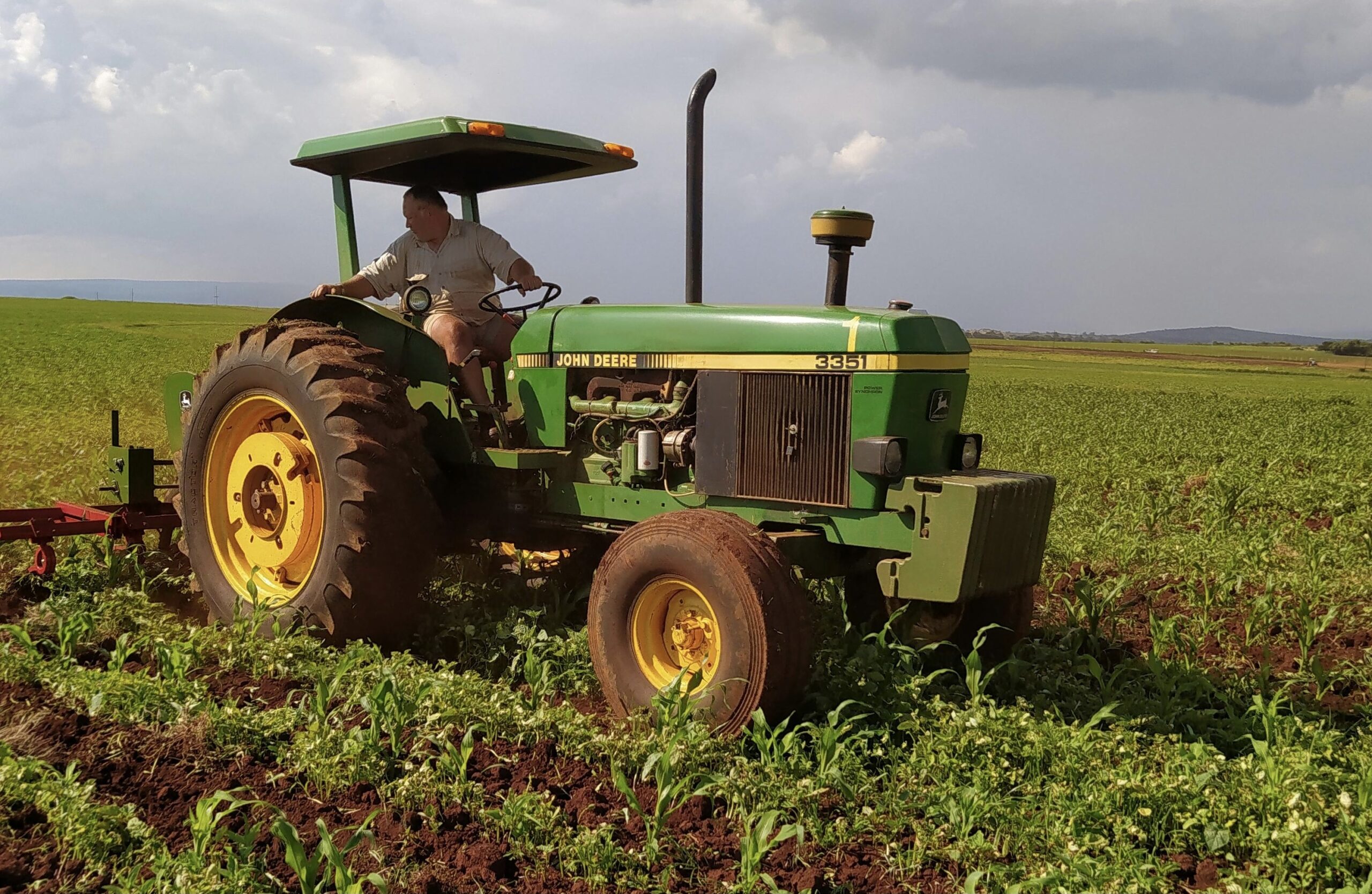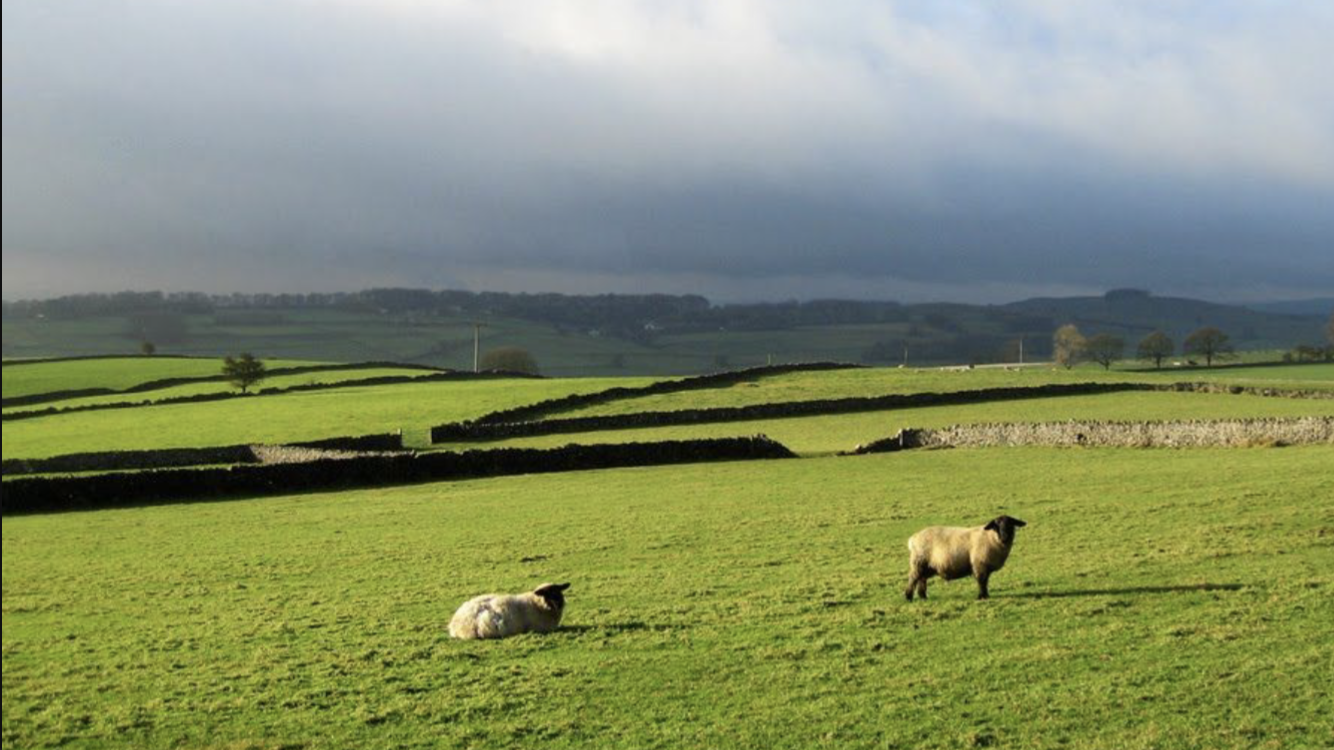
Pasture Management and Weed Control. Part 5
Effective pasture management and weed control are essential for maintaining the health and productivity of your sheep farm. Implementing strategic grazing strategies and establishing a robust manure management system can optimize pasture utilization and minimize weed infestations. Here’s how to develop these systems:
- Pasture Grazing Strategies:
-
- Rotational Grazing: Divide your pasture into smaller paddocks and rotate the flock through them systematically. This allows forage to recover between grazing sessions, promotes even grazing, and minimizes soil erosion.
- Continuous Grazing: Allowing sheep to graze freely on the entire pasture without rotation. While simpler to implement, continuous grazing can lead to uneven forage utilization, soil degradation, and increased weed pressure.
- Multispecies Grazing: Introduce other livestock species such as cattle or goats to graze alongside sheep. Different species have unique grazing preferences, which can complement each other and improve overall pasture utilization. For example, goats are effective at controlling brush and woody plants, while sheep prefer grasses and forbs.
- Manure Management System:
-
- Regular Removal: Regularly remove manure from barns, paddocks, and feeding areas to prevent the buildup of parasites and pathogens. Compost manure to produce organic fertilizer for pastures and gardens.
- Utilize Grazing Patterns: Sheep tend to concentrate their grazing in certain areas, leading to localized manure deposition. Use this to your advantage by strategically positioning feeding and watering stations to distribute manure evenly across the pasture.
- Implement Rest Periods: Rotate grazing areas to allow for rest periods, during which vegetation can recover and manure can decompose naturally. This helps improve soil fertility, reduce nutrient runoff, and minimize weed encroachment.
- Weed Control Plan:
-
- Identification: Identify common weeds in your pasture and prioritize them based on their invasiveness, persistence, and impact on forage quality.
- Integrated Approach: Implement an integrated weed management approach that combines cultural, mechanical, biological, and chemical control methods. This may include mowing, hand-pulling, grazing management, biological agents (e.g., sheep or goats that target specific weeds), and selective herbicide applications.
- Prevention: Minimize weed establishment by maintaining healthy pastures through proper fertilization, irrigation, and grazing management practices. Prevent the introduction and spread of weeds by regularly monitoring pastures and quarantine new livestock or equipment.
- Early Intervention: Address weed infestations promptly before they become established and spread. Targeting weeds in their early growth stages is more effective and reduces the need for intensive control measures later on.
By implementing strategic grazing strategies, establishing an efficient manure management system, and developing a comprehensive weed control plan, you can enhance the productivity and sustainability of your sheep farm. Regular monitoring, adaptive management, and ongoing education will help you optimize pasture health and minimize weed pressures over time

